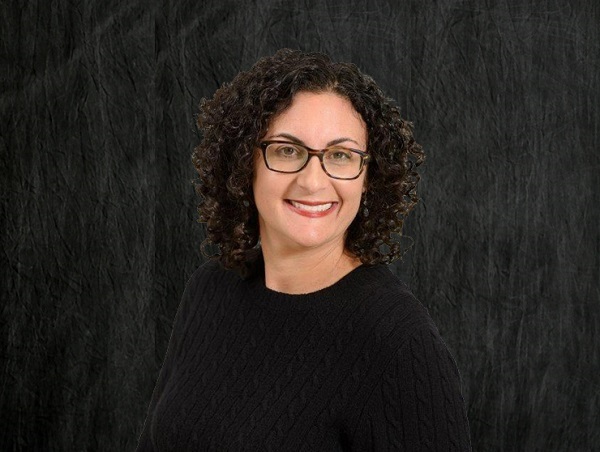Opinion: Funders can do better, but so can nonprofits
 June 23, 2021
Category: Featured, Medium, Purpose
June 23, 2021
Category: Featured, Medium, Purpose
Disclosures
This guest column was written by Nicole Tell, executive director of BLBB Charitable.During the pandemic, I crossed over to the other side that fundraising professionals always dream of crossing: I became a funder.
For years, I was responsible for raising millions of dollars in private funds for nonprofit organizations. Through that time, many colleagues and peers remarked that it would be so great if they could just give money away instead.
I get it: fundraising can be exhausting. This is why most development professionals cycle in and out of positions generally every two to three years.
Now that I’ve sat on both sides of the table, I see many areas where funders can do better, but also many areas where nonprofits can do better. Certainly donors need to listen more to nonprofits about what they need and when they need it (i.e., funding does not always align with your twice-per-year board meetings).
Additionally, funders need to “listen between the lines” to suggest things beyond funding that a nonprofit may need that you, as a funder, could help with (connections to other organizations, connections to other funders, expertise, or access to capacity building resources).
Nonprofits need to use the power they have more creatively and as a lever of change.
There is (rightly) much talk these days about power dynamics between nonprofits and funders. Yes, donors — particularly major donors — hold the immense power of the purse and that looms large when one needs to tackle large societal issues, or help lift up marginalized people, or do the important work of a nonprofit organization. But, nonprofits need to use the power they have more creatively and as a lever of change.
What power do nonprofits have? Ideally, proximity, expertise and connection.
Nonprofit professionals have a front seat to their communities and are the experts about the issues and in the spheres in which they operate. Funders desperately seek that insight. Funders want to hear from the communities they wish to impact, and they want to know what nonprofits need to make the greatest impact.
A good fundraising professional helps educate a funder and works with them to ensure that their gifts have the most impact (whether general operating support or something more specific). Sure, you need to know the numbers served or whatever you are tracking, but also the context of your organization in the larger conversation, and the stories of your community (and not just success stories, but also failure or challenges and how your organization is addressing it or adapting to changing needs).
This is particularly important when you have a funder who is willing to have a conversation rather than just have you submit a written proposal. Only a nonprofit professional has this access and you need to use it to make an even stronger case for your organization. Development professionals need to get involved with the programmatic work at their organization and have a strong programmatic ally who can speak to both the organization’s work and the context of that work in the community.
Nonprofit professionals also have the power to connect a major funder to the work. This power should not be taken for granted, and unfortunately, I have seen that done all too often. Major private donors want to feel like a partner in the work. Here, the basics of great stewardship make a substantial difference and is the best way to show gratefulness (although timely written or emailed thank you notes are important as well).
The best practices for stewardship include:
- responsiveness (I have been amazed at how lax some nonprofit contacts are to outreach by a major or potential major donor);
- follow-through (if a major donor or potential major donor asks for information do not take extended periods of time to gather that information, at least without letting them know a general timeline for collecting it or explaining why certain information cannot be obtained and suggesting other useful information);
- updates (whether simply submitting a report in a timely manner, to sharing regular updates, stories, or information along the way).
I know nonprofit professionals are exhausted after a long, difficult period.
But use this time when funders are actually looking to “share power” and hopefully loosening funding restrictions (as well as the two rounds of PPP loans that your organization received) to reframe the dynamics and see the power you hold.
It will make you and your organization stand out from the crowd.
Trending News










